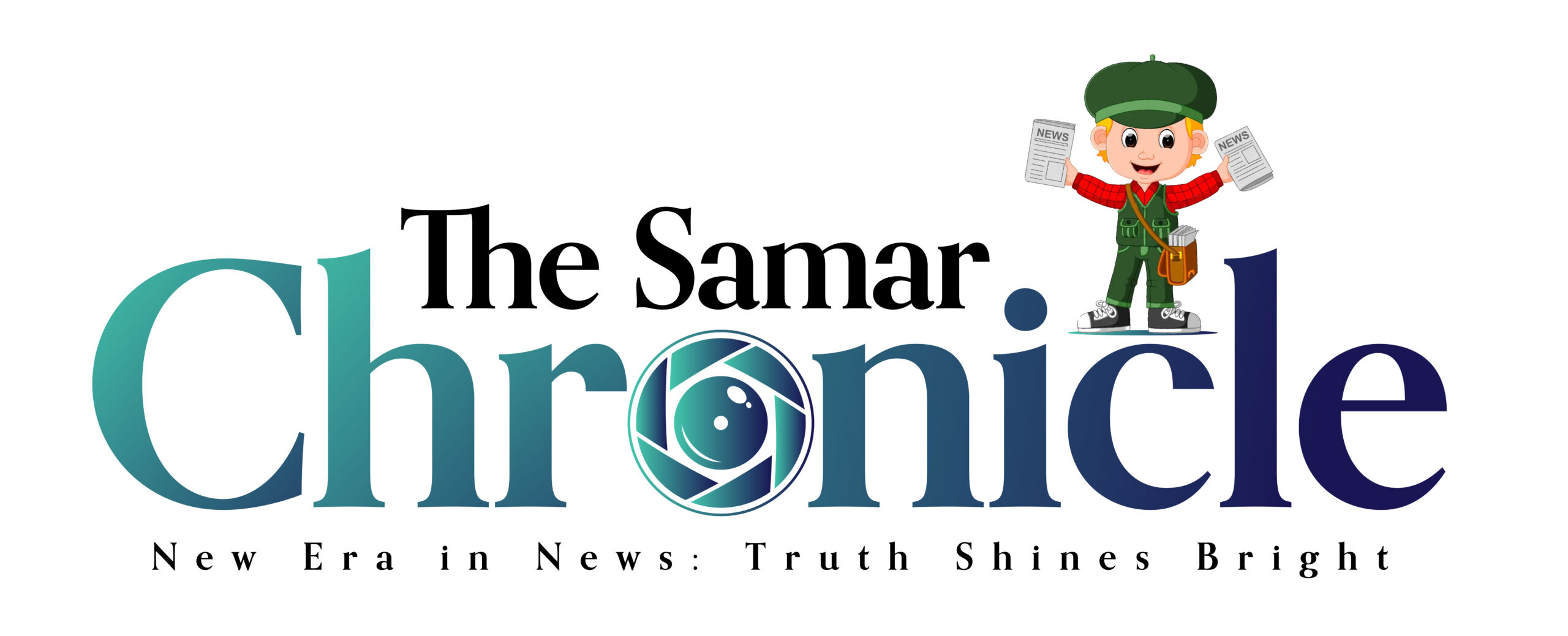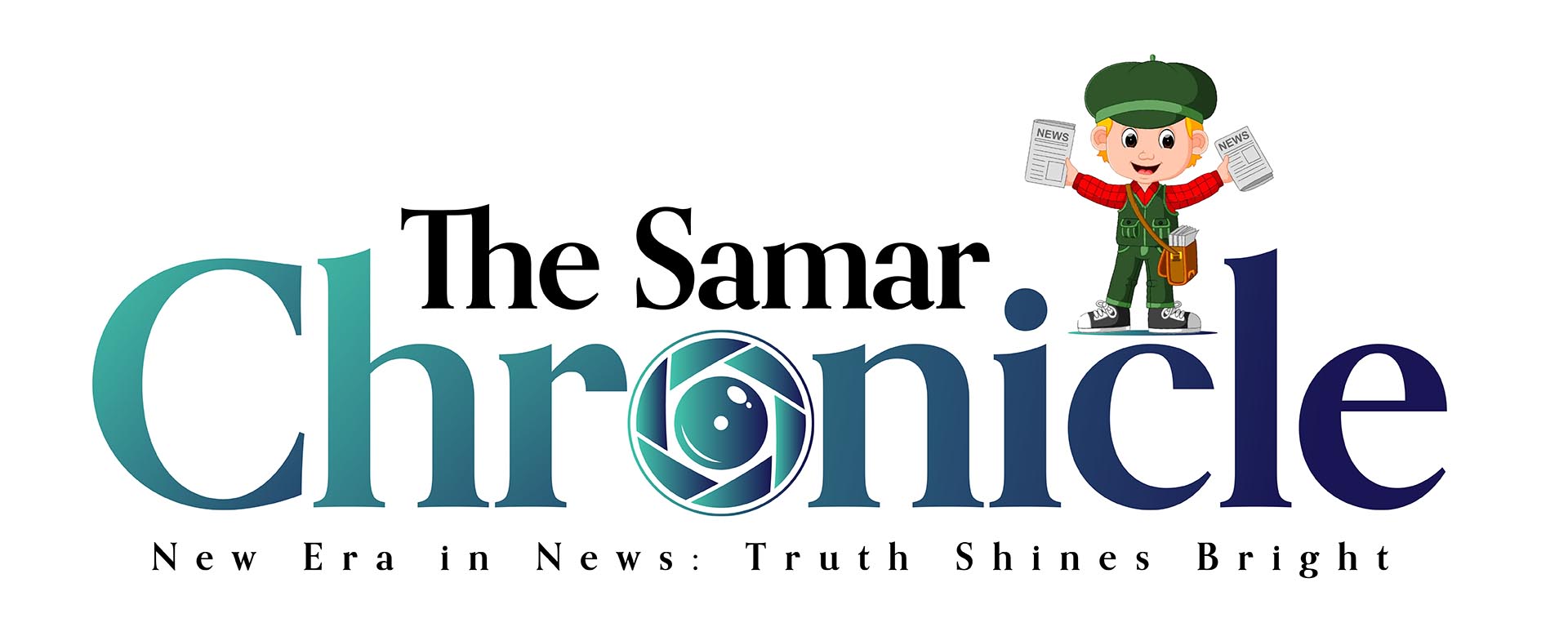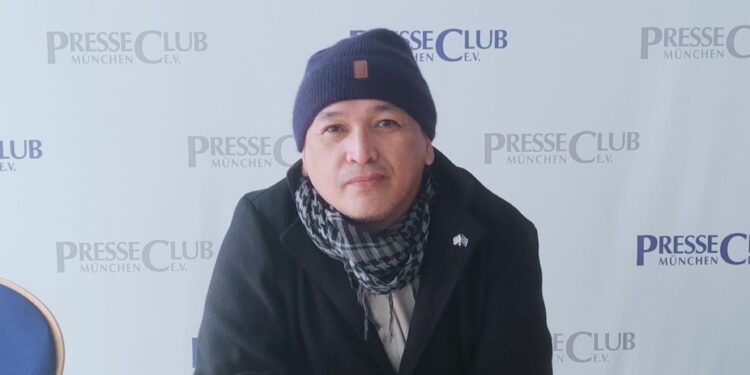By Ricky J. Bautista
IT USED TO BE that when we talked about the West Philippine Sea, we pictured ships, patrols, and standoffs. Today, the fight has moved to a different front: the stories we tell — and the ones being told to us.
I recently joined a journalism training in Cebu City called “Uncovering the Depths: A Training on West Philippine Sea Reporting.” It was a room full of regional journalists like myself — people who aren’t based in Manila or on the frontlines at sea, but who still carry the job of informing our communities about what’s happening there.
What I learned was both eye-opening and troubling: the battle for the West Philippine Sea isn’t just happening on the waves — it’s happening on our screens, in our feeds, and in the minds of ordinary Filipinos.
We’ve all heard of China’s ships in our waters. But what many of us don’t realize is how deeply they’re also trying to shape our thinking. One of the speakers, Janina Santos from Doublethink Lab, laid it out plainly: disinformation is being used as a weapon. And it’s working.
From fake posts claiming we’re provoking war, to anonymous accounts labeling our leaders as “puppets,” these false narratives aren’t random. They’re organized, deliberate, and designed to confuse. The goal isn’t just to lie — it’s to make people doubt the truth so much that they stop caring.
“It’s death by a thousand doubts,” she said. That line stuck with me.
Ellen Tordesillas of VERA Files reminded us that fact-checking is more than just correcting false claims. It’s a public service. And in a time when AI and bots are churning out content faster than any newsroom can keep up, the human touch still matters.
She also pointed out that not all disinformation is malicious. Sometimes, people just don’t know better. That’s why our role as journalists — especially those of us in the provinces — is even more critical. We don’t just report. We explain. We connect the dots. And we correct when needed.
One of the most grounded voices at the training was Redempto Anda, editor of Palawan News. He’s been covering the WPS issue for years, but what struck me was how he brought the issue back to the basics: food, livelihood, and dignity.
“This isn’t just about territory,” he said. “It’s about people.”
It’s easy to get lost in maps, policies, and geopolitical jargon. But at the heart of this issue are real people — our fisherfolk, our coastal communities — whose lives are being disrupted and whose futures are being decided by forces beyond their control.
The clearest example of this narrative war happened just a few weeks ago, on August 11, when two Chinese ships collided at Scarborough Shoal while trying to block a Philippine patrol. The whole thing was caught on video — no edits, no tricks — by a journalist on board and the Philippine Coast Guard.
And yet, within hours, the internet was full of posts calling the video fake. Some said it was old footage. Others called it Western propaganda. Hashtags popped up — in English and Chinese — all shifting the blame to the Philippines.
The Chinese government? Not a word. No explanation. Just silence, paired with accusations that we were being provocative — for simply protecting our own fishermen in our own waters.
If that kind of truth can be twisted and buried so quickly, what else is being erased?
This is why people like Commodore Jay Tarriela of the Philippine Coast Guard are doubling down on transparency. Instead of keeping quiet, they’re publishing photos, videos, and reports in real time — showing the world what’s really happening out there.
Their goal isn’t just to expose aggression. It’s to hold the line for the truth.
“We don’t fight back with force,” Tarriela said. “We fight back with facts.”
And maybe that’s what struck me the most during the training — that in this new kind of warfare, the truth isn’t just a principle. It’s a strategy. And telling it is one of the most powerful things we can do.
Some people might say this issue is too far from home. But if you live in the Philippines — whether in Samar, Cebu, or Palawan — the West Philippine Sea is home. It’s ours. And the threats to it — both physical and digital — affect us all.
When we allow lies to spread unchecked, we risk losing more than just territory. We risk losing our history, our sense of identity, and our voice as a nation.
The good news? Truth still has power. But only if we keep telling it.
Whether you’re a journalist, a student, a fisherman, or just someone who cares — we all have a role. And in this battle of narratives, silence is not neutrality. It’s surrender.










